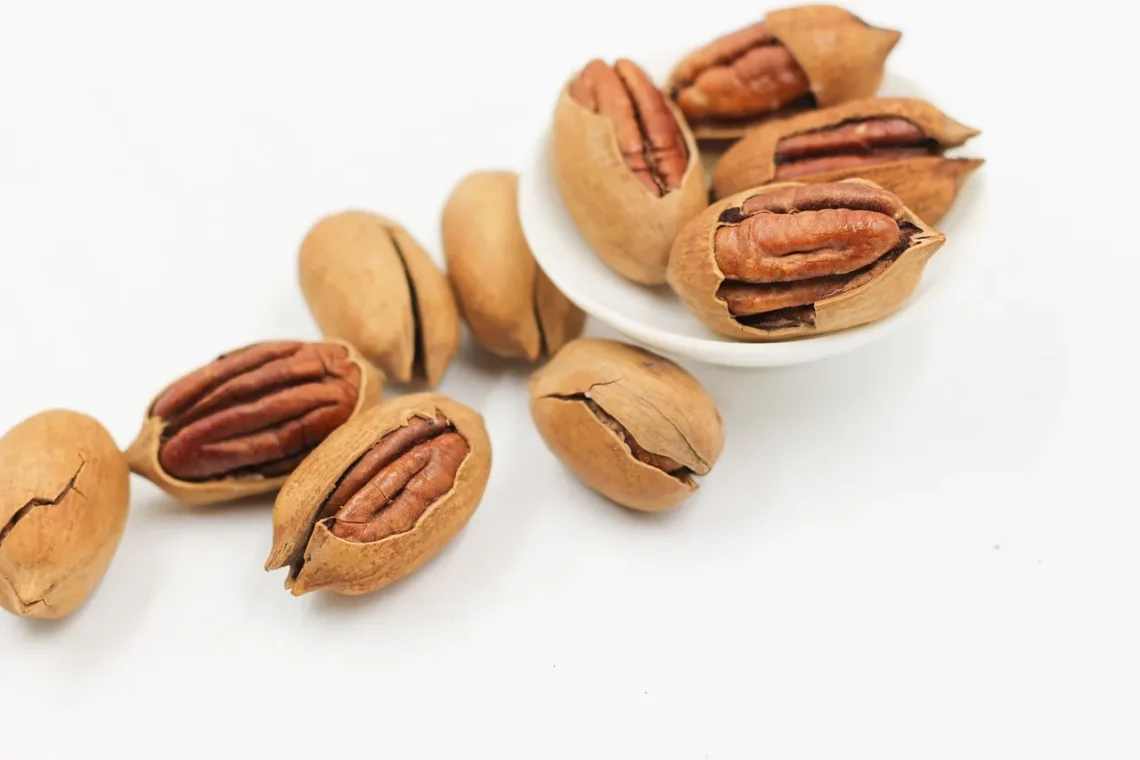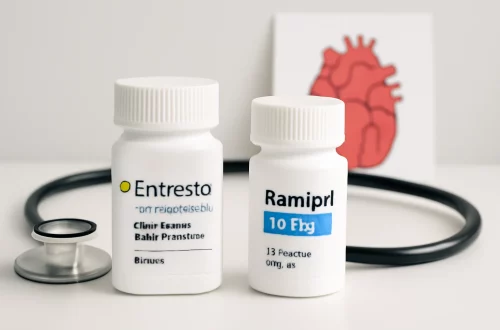
Exploring the Benefits of Non-Dairy Protein Drinks for a Healthy Lifestyle
In recent years, the demand for non-dairy alternatives has surged, driven by a growing awareness of dietary preferences, health considerations, and ethical concerns surrounding animal welfare. As more individuals seek to adopt a healthier lifestyle, non-dairy protein drinks have emerged as a popular choice for those looking to nourish their bodies without the use of traditional dairy products. These beverages, often made from sources like almonds, soy, peas, and hemp, provide a variety of nutritional benefits that can cater to diverse needs and preferences.
The shift towards plant-based diets and non-dairy options is not merely a trend; it reflects a significant change in consumer behavior and awareness. Many people are making conscious decisions to reduce their dairy intake due to lactose intolerance, allergies, or ethical beliefs regarding animal farming. Furthermore, non-dairy protein drinks offer an impressive array of flavors and textures, making them an appealing choice for those who may find traditional dairy products less enjoyable.
In addition to catering to diverse dietary needs, non-dairy protein drinks are often fortified with vitamins and minerals, making them a convenient option for enhancing overall nutrition. As the market continues to expand, these beverages are no longer seen as alternatives but rather as essential components of a balanced diet. Understanding the benefits of non-dairy protein drinks can help individuals make informed choices that support their health goals and contribute to a sustainable lifestyle.
Understanding Non-Dairy Protein Sources
Non-dairy protein drinks encompass a wide range of ingredients, each offering distinct nutritional profiles. One of the most popular sources is soy, which is rich in complete protein and contains all nine essential amino acids. This makes soy protein an excellent choice for individuals seeking to build muscle or maintain a balanced diet without animal products. Additionally, soy is known for its health benefits, including potential heart health advantages and the ability to lower cholesterol levels.
Another prevalent non-dairy option is almond milk, which is lower in calories compared to its soy counterpart. While almond milk contains less protein, it is rich in healthy fats, vitamin E, and antioxidants, making it a nutritious choice for those focused on heart health and skin benefits. Pea protein is also gaining traction, particularly among athletes and fitness enthusiasts, due to its impressive amino acid profile and easy digestibility. Pea protein is not only environmentally friendly but also hypoallergenic, making it suitable for individuals with common food sensitivities.
Hemp protein is another noteworthy contender in the non-dairy protein drink market. It is packed with omega-3 and omega-6 fatty acids, promoting heart health and reducing inflammation. Hemp protein is also an excellent source of fiber, which aids digestion and helps maintain a healthy gut. As consumers become more educated about the nutritional benefits of these non-dairy sources, the market for non-dairy protein drinks continues to evolve, providing diverse options for various dietary preferences.
The Health Advantages of Non-Dairy Protein Drinks
Incorporating non-dairy protein drinks into one’s diet can yield numerous health benefits. One of the most significant advantages is their potential to support muscle recovery and growth. For individuals engaged in regular physical activity, consuming protein is crucial for repairing muscle tissue and promoting overall recovery. Non-dairy protein drinks provide a convenient and delicious way to meet daily protein requirements without resorting to animal products.
Furthermore, many non-dairy protein drinks are fortified with essential vitamins and minerals, such as calcium, vitamin D, and B vitamins. These nutrients play a vital role in maintaining bone health, supporting the immune system, and aiding in energy metabolism. For those who may struggle to meet their nutritional needs through food alone, non-dairy protein drinks can serve as an effective supplement to fill dietary gaps.
Another notable health benefit is the potential for improved digestion. Many non-dairy protein sources are easier to digest than traditional dairy products, particularly for individuals who are lactose intolerant or have dairy allergies. Non-dairy protein drinks often contain added probiotics, which can enhance gut health and promote a balanced microbiome. This not only aids in digestion but can also contribute to overall well-being by supporting immune function and reducing inflammation.
Additionally, non-dairy protein drinks can be beneficial for weight management. Many of these beverages are lower in calories and saturated fats compared to their dairy counterparts, making them an excellent choice for those looking to maintain or lose weight. The combination of protein and fiber in non-dairy drinks can also increase feelings of fullness, helping to curb cravings and reduce overall calorie intake.
Environmental Considerations and Sustainability
Beyond individual health benefits, non-dairy protein drinks represent a more sustainable choice for the environment. The production of plant-based protein sources typically requires fewer resources and generates less greenhouse gas emissions compared to traditional dairy farming. For example, producing almond milk or soy protein is generally less water-intensive than raising dairy cows, making it a more environmentally friendly option.
As consumers become increasingly aware of the environmental impact of their food choices, many are turning to non-dairy alternatives as a means of reducing their carbon footprint. The shift towards plant-based diets is not only beneficial for personal health but also contributes to a more sustainable food system. By choosing non-dairy protein drinks, individuals can support the growth of environmentally responsible agriculture and promote practices that align with their values.
Moreover, the diversity of non-dairy protein sources allows consumers to support local economies and sustainable farming practices. Many brands prioritize organic ingredients and ethical sourcing, providing transparency about their production methods. This empowers consumers to make informed choices that align with their health goals and environmental concerns.
In conclusion, the benefits of non-dairy protein drinks extend far beyond personal health. By incorporating these beverages into a balanced diet, individuals can enjoy a variety of flavors and nutritional advantages while supporting sustainable practices that benefit the planet. As the market for non-dairy options continues to grow, it offers exciting opportunities for consumers to embrace a healthier, more environmentally friendly lifestyle.
*This article is for informational purposes only and should not be considered medical advice. If you have health concerns or questions, please consult a qualified healthcare professional.*




